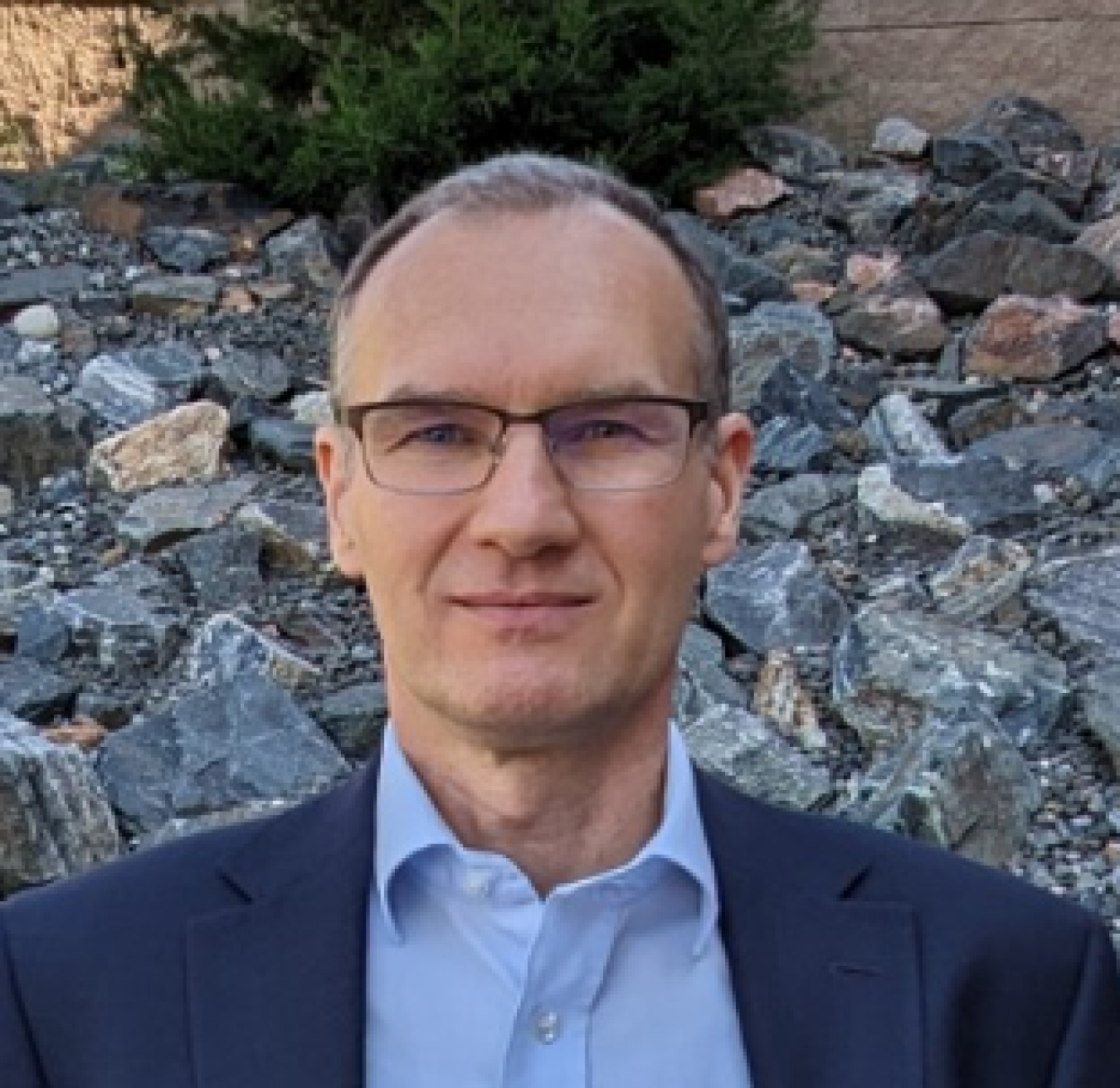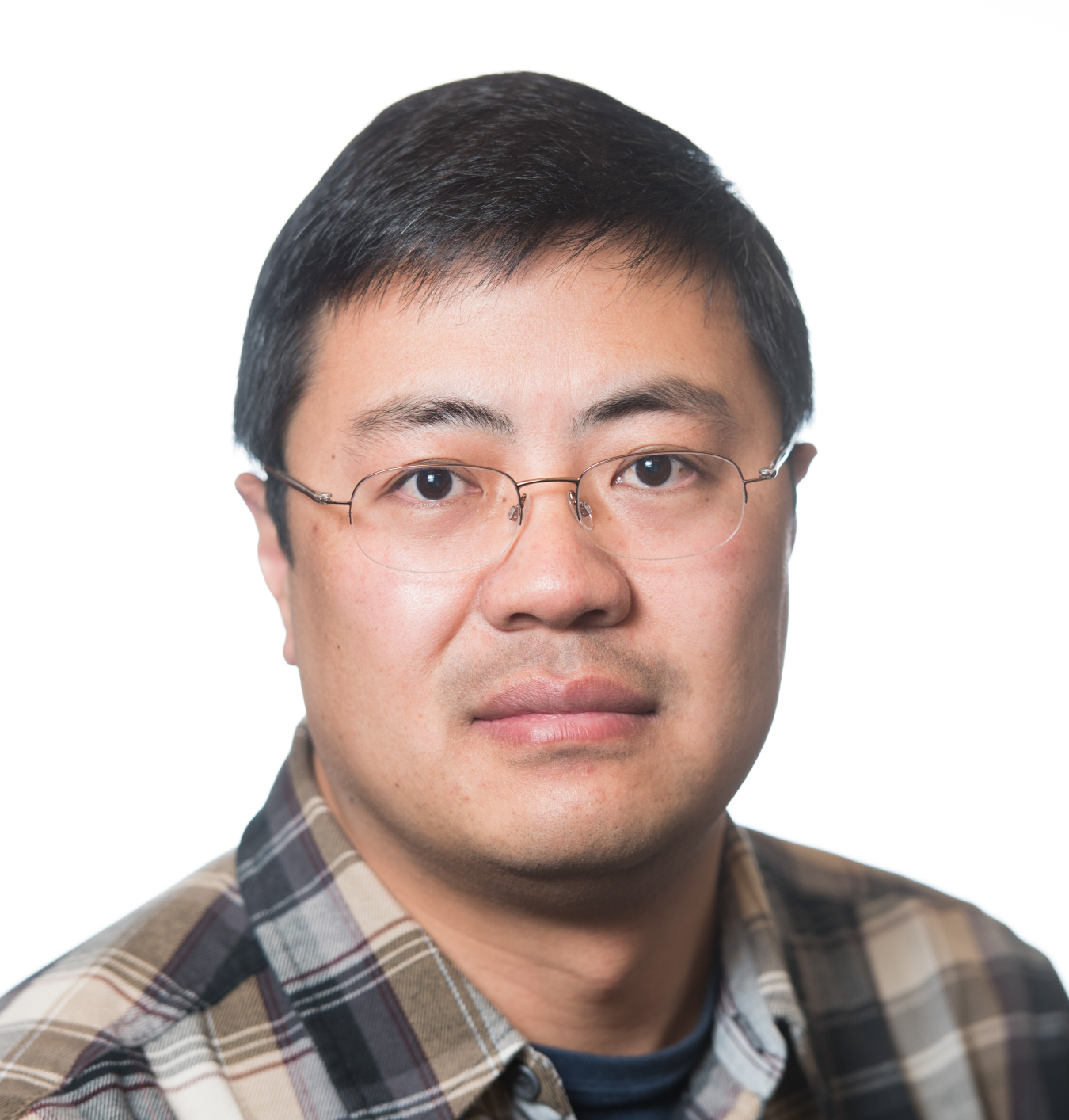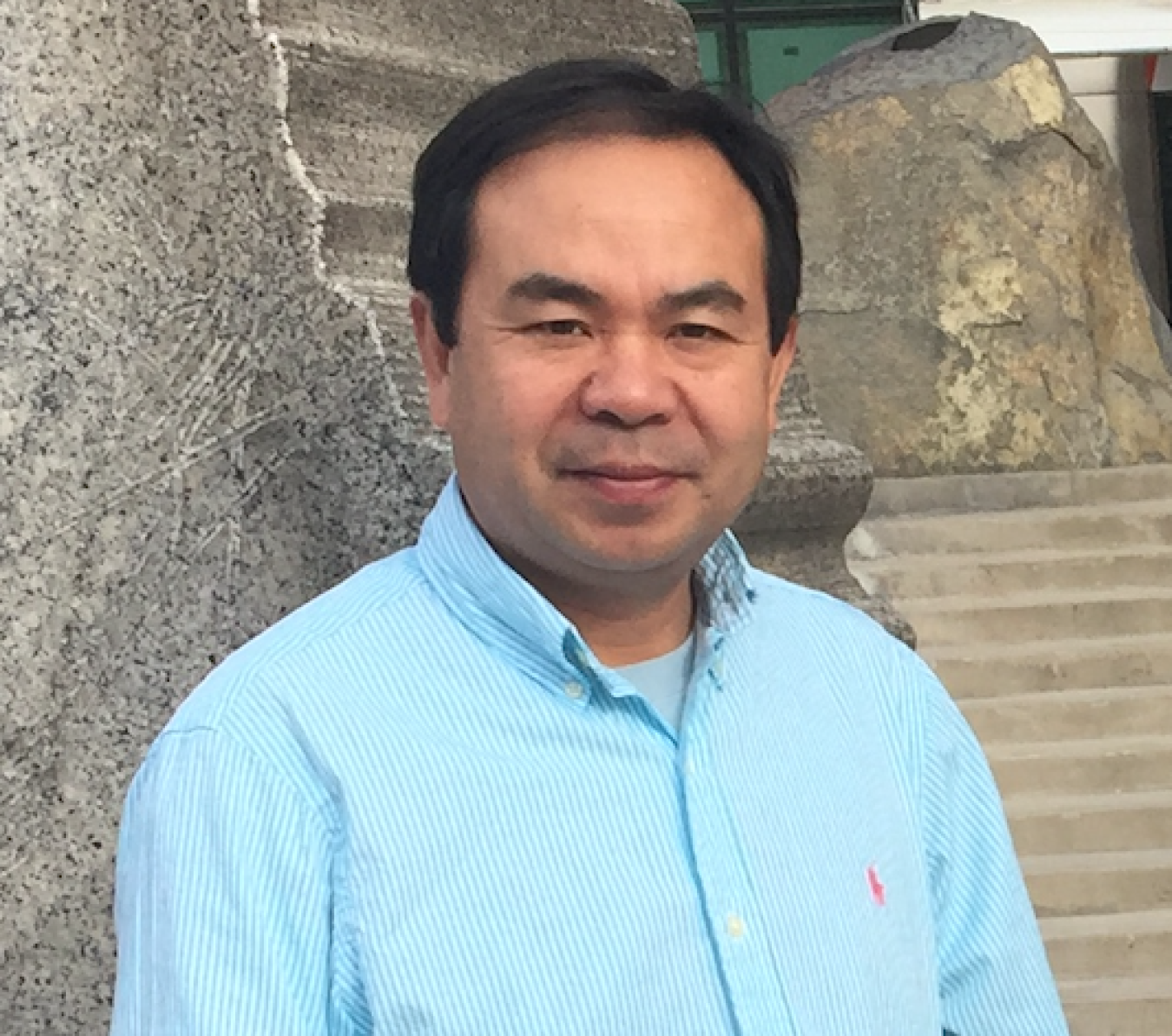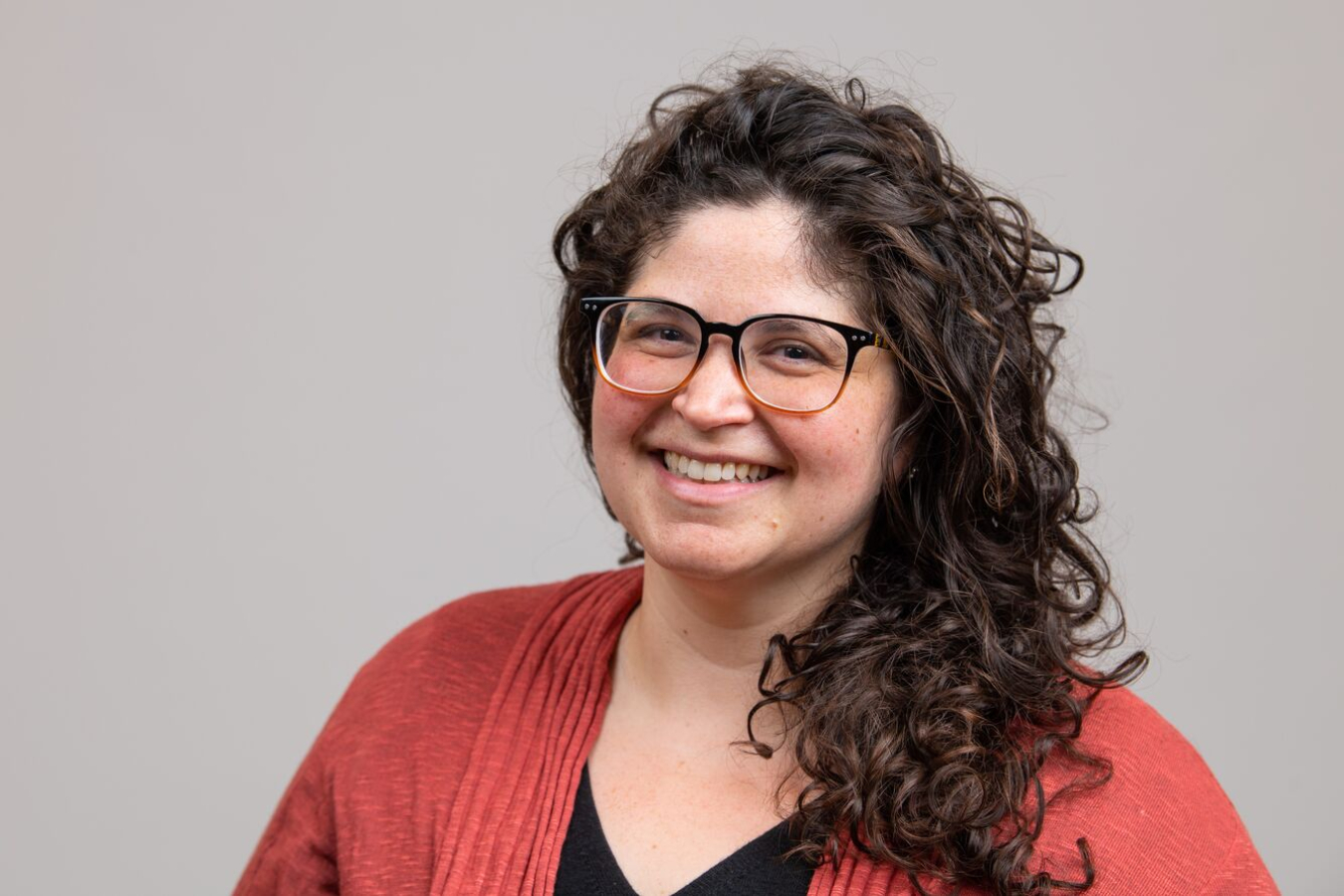On September 20 and September 27, 2023, the U.S. Department of Energy’s (DOE) Bioenergy Technologies Office (BETO) will host the Biocarbon Incorporation into Transportation Fuels via Co-processing in Refineries two-day webinar series to highlight the key takeaways from the Project: Bio-oil Co-processing with Refinery Streams.
Webinar Day 1
Co-Processing Fast Pyrolysis Bio-oils and Hydrothermal Liquefaction Bio-crudes in Fluid Catalytic Cracking and Hydroprocessing in Refineries.
Below are the speaker bios for this webinar.

Reinhard Seiser
Reinhard Seiser received his M.S. and Ph.D. degrees in chemical engineering at the University of Graz, Austria. He has subsequently worked as a researcher in various capacities at the University of California San Diego in the fields of flame studies, internal combustion engines, biomass gasification, and fuel synthesis. He has investigated the production and utilization of alternative fuels, including hydrogen, renewable natural gas, alcohols, and Fischer-Tropsch liquids. In 2020, he joined National Renewable Energy Laboratory (NREL) to work on pyrolysis and catalytic pyrolysis of biomass and the co-processing of these liquid intermediates with vacuum gas oil in a laboratory-scale fluid catalytic cracking unit.

Huamin Wang
Huamin Wang is a chief research engineer working in the Advanced Energy Systems Group at Pacific Northwest National Laboratory (PNNL). With a Ph.D. in physical chemistry and experience in postdoctoral training, Dr. Wang joined PNNL in 2011. His current research focuses on the innovative catalyst and process development for generating renewable fuels and chemicals from biomass and waste, and on the fundamental understanding of catalytic reactions integral to these processes. Additionally, Dr. Wang holds a joint appointment as an adjoint professor at Washington State University.
Webinar Day 2
Biogenic Carbon Tracking and Measurement in Co-processing of Biogenic Feeds in Petroleum Refineries.
Below are the speaker bios for this webinar.

Zhenghua Li
Zhenghua Li is a senior scientist at Los Alamos National Laboratory (LANL) and serves as the team leader for the Geochemical and Isotope Analytics Team in EES-14. His research interests encompass isotope geochemistry, analytical chemistry, renewable biofuel and clean energy, climate change, carbon sequestration, and mass spectrometry instrumentation. He has accumulated over 25 years of experience in geochemistry and wet chemistry. Over the past six years, he has actively contributed to the advancement of renewable carbon tracking techniques for the co-processing of bio-oil/bio-crude with petroleum feedstock in refineries.

Sophie B. Lehmann
Sophie B. Lehmann is an Earth scientist and leads the Stable Isotope Lab at Pacific Northwest National Laboratory (PNNL). While pursuing her Ph.D. at Johns Hopkins University and as a postdoc at the University of Pittsburgh, she focused on climate, sedimentology, and stable isotope geochemistry. Since joining PNNL, she has focused on application and method development related to light stable isotope analysis to track biogenic carbon in blended and co-processed fuels and feedstocks. Her work includes techniques including spectrometry and spectroscopy. Other research interests include the application of light-stable isotopes to environmental science, biomineralization, carbon sequestration, and forensics.

